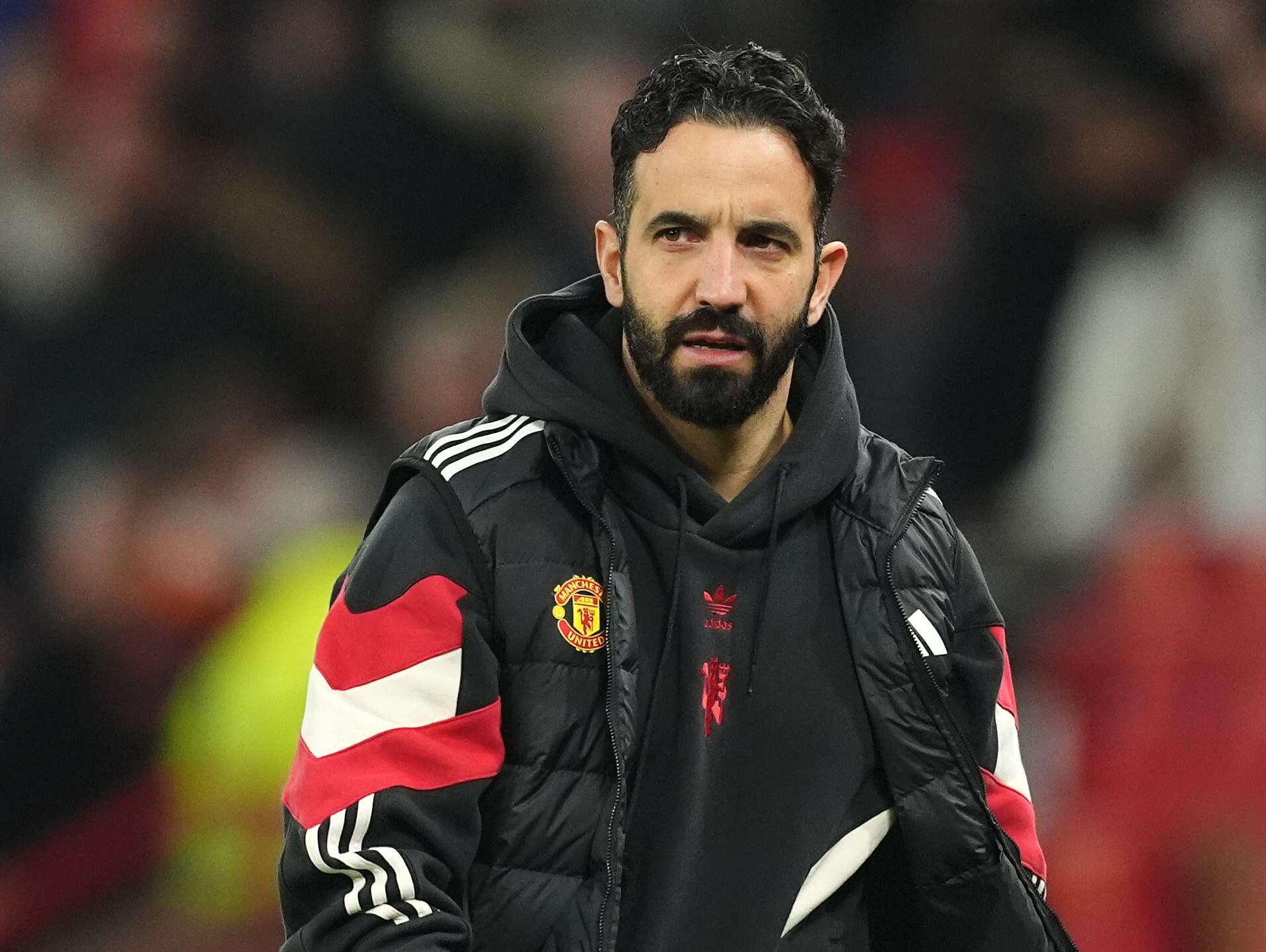Underdog heroics justify UEFA's bulkier Euros
While thrills and spills could have been more numerous, Euro 2016's minnows have brilliantly justified the tournament's expansion.

It seldom seems an emotion they grasp for in UEFA's corridors of power, but the great and the good at the organisation's Nyon headquarters are likely to be reflecting with satisfaction on the decision to expand the European Championship to a 24-nation event.
The knockout stages kick-off this weekend and, far from being embarrassed and tottering to the canvas in the unforgiving world of tournament football, Hungary, Northern Ireland and Iceland are still on their feet and swinging, having bloodied the noses of more illustrious names.
No team has been on the end of a hiding, with the exception of Turkey after Spain weaved silken patterns en route to a 3-0 victory. Not much shame in that, plus you would be hard-pressed to find a critic stating the likes of Arda Turan and Hakan Calhanoglu were not worthy of a spot on the Euro 2016 stage.
Turkey's star men underachieved, but other leading names from Paul Pogba to Antoine Griezmann with hosts France, to England attacking duo Raheem Sterling and Harry Kane have also failed to hit the mark, while Zlatan Ibrahimovic endured an uncharacteristically low-key curtain call with Sweden.
Their individual failures are to the credit of players who were deemed unfit to share top billing with them in the eyes of some. Iceland driving Cristiano Ronaldo into a raging funk that two goals against Hungary failed to fully quell will go down as one of Euro 2016's most memorable moments.
If there is a criticism, it is that this has been a competition of snapshot inspiration – Dimitri Payet's opening night sizzler for France and Iceland's last-gasp win over Austria bookended the Stade de France's contribution to the group stage wonderfully – but not one to produce a flow of motion-picture cliffhangers.
That 32 of the 36 group games had been completed before a stone-cold classic 90 minutes turned up was not ideal.
Get FourFourTwo Newsletter
The best features, fun and footballing quizzes, straight to your inbox every week.
Hungary 3 Portugal 3. Further evidence of the so-called minnow nations' underestimated power, although the sight of Portugal failing to win for the third successive game and still progressing did underline the impression that the bulkier format gives the big-hitters a few too many lives to fritter away.
An unforgettable final day of round-robin action breathed new life into a tournament that had become intriguing more than it was downright entertaining. Germany coach Joachim Low conceded that tangling with the likes of Northern Ireland – teams playing "the game of their lives" – made flowing football less likely.
Even then, only Ukraine were able to fully focus on post-tournament holidays before completing their final round of matches.
Levels of organisation and belief are the most impressive common qualities of Euro 2016's outsiders. Tactical naivety is scarcely represented, which speaks well of European football's collective development, even if it sometimes impedes the spectacle.
But no team is obliged to entertain. For the European Championship to retain credibility, the lesser lights needed to be competent – it is a test they passed with the flying, dazzling colours of their euphoric fanbases.
Hopes that the knockout rounds will throw up their share of thrillers are shared on both sides of the divide
"I think the organisation of the teams have been very good," said England captain Wayne Rooney. "As we've found, it's difficult to break that down. I feel in the knockout stages teams will have to come with more than organisation."
Rooney and company represent the next chapter in Iceland's fairytale run. He might not be disappointed.
"Going through was our goal and now we can play a bit more freely," said Iceland winger Elmar Bjarnason. "We have a lot to improve on the ball and show what we did in the qualifiers when we had possession a lot more."
If the on-field stories consistently match the off-field pride and passion from this point on, UEFA can have some justification in being happy with its lot – not something said too frequently over the past year.
